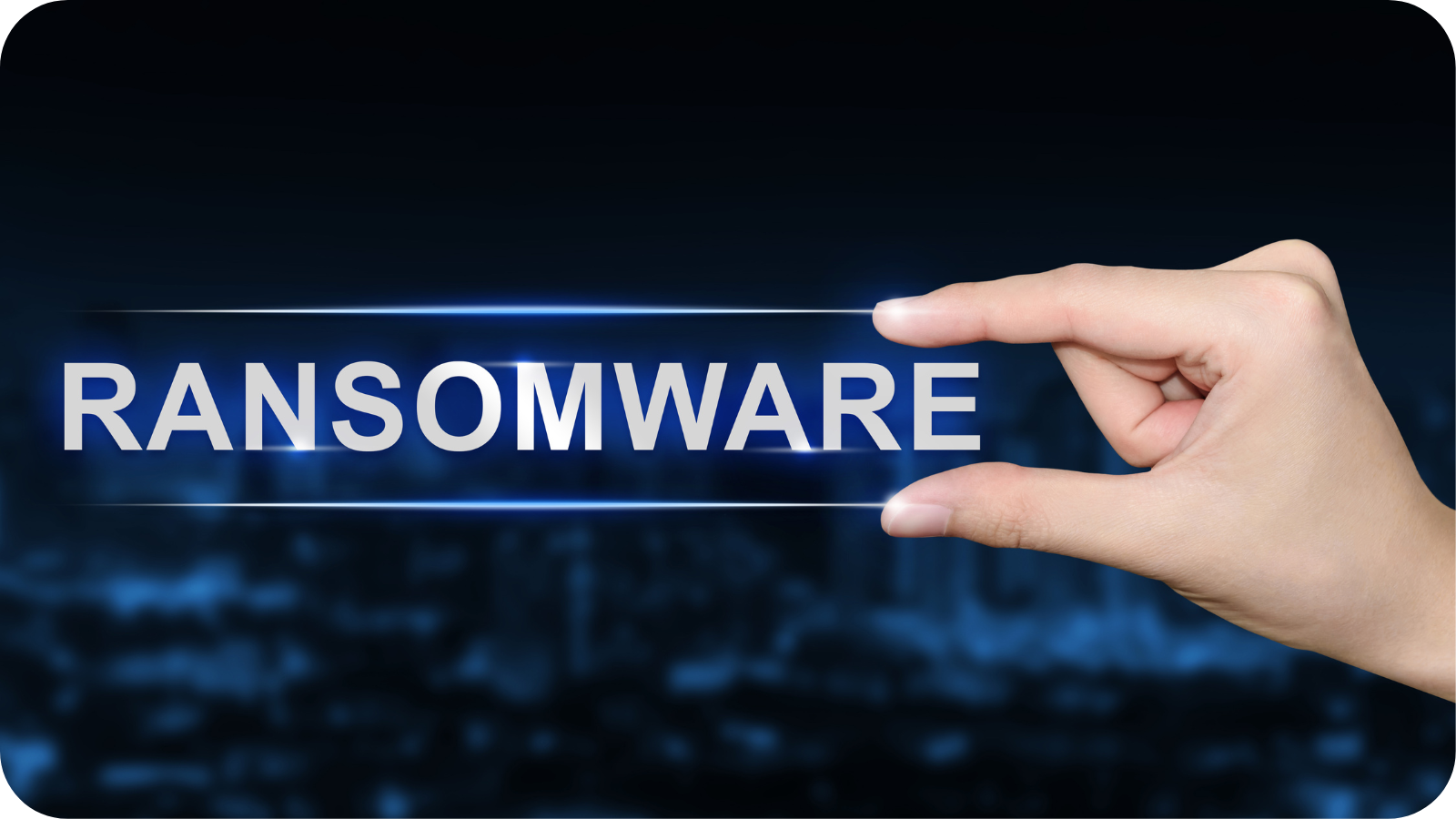As NHS leaders focus on transformation priorities - shifting care from hospital to community, treatment to prevention, and analogue to digital - a silent threat looms. Quantum computing, while promising revolutionary advances in healthcare, also poses serious risks to the security of sensitive patient data. And that’s regardless of whether an organisation uses quantum or not. NHS leaders must understand the threats to protect patient safety. Quantum isn't tomorrow's problem - it's today's imperative. Bad actors are harvesting data now ready for the arrival of a quantum breakthrough. Leaders must act now before it’s too late. Read the full whitepaper here
Understanding the Quantum Threat
Quantum computing fundamentally differs from classical computing by using qubits that can occupy multiple positions simultaneously, exponentially multiplying processing power. So what makes this concerning for the NHS?
The 'Harvest Now, Decrypt Later’ Threat: Bad actors are already collecting encrypted NHS data with the intention of decrypting it once quantum computing capabilities advance. The National Cyber Security Centre has flagged this as a significant risk for organisations holding high-value information - the NHS being a prime target.
Q-Day Is Coming: Security experts warn of ‘Q-Day' - the point when quantum computers will break current encryption methods. Unlike the Y2K bug, which had a fixed date, Q-Day could happen at any time. Once it arrives, it will be too late to protect data that's already been harvested.
Traditional Data Security Is Not Enough: Conventional encryption methods will become obsolete virtually overnight. Safeguards that would take classical computers millions of years to crack will be decrypted in minutes by quantum systems.
The NHS Context: Why This Matters Now
Becoming Quantum-Ready: The Path Forward
The Opportunities of Quantum for Healthcare
Conclusion: Act Now or Pay Later
The NHS Context: Why This Matters Now
Several strategic factors make this an urgent issue for NHS leaders:
Sensitive Patient Data: The NHS holds vast quantities of confidential information that will remain sensitive for decades, making it particularly vulnerable to harvest-now, decrypt-later tactics.
Evolving NHS Landscape: The NHS is going through significant change, with the three key shifts outlined by the government and the response to Lord Darzi's review. Data security cannot be overlooked.
Legacy Systems: Many NHS organisations rely on outdated technology that may not support quantum-safe encryption, creating a significant vulnerability.
The London Cyberattacks: The 2024 cyberattacks demonstrated how vulnerable NHS systems already are when looking at healthcare cybersecurity - even before the quantum threat materialises.
Strategic Blind Spot: Currently, there is no dedicated NHS quantum strategy, leaving the sector unprepared and potentially creating significant patient safety risks.
Becoming Quantum-Ready: The Path Forward
Research by IBM suggests most organisations anticipate needing 12 years to become fully quantum-safe. For the NHS, the journey needs to start urgently. Forward-thinking leaders can take these steps towards becoming quantum-ready.
1. Board-Level Awareness and Ownership The quantum threat isn't merely an IT issue; it's a strategic risk that requires executive understanding and commitment. NHS boards need to recognise the potential impact on patient safety and organisational resilience.
2. Data Visibility Organisations must gain complete oversight of where sensitive data resides, how it moves, and who has access. Without this foundational knowledge, creating a quantum-safe environment is impossible.
3. Crypto-Agility NHS organisations need to develop the flexibility to rapidly adapt their security approaches as quantum technology evolves. This includes working with suppliers to ensure the entire digital ecosystem is prepared.
4. Business Critical System Assessment Leaders need to identify which systems will struggle with quantum-safe encryption and prioritise upgrades or replacements where necessary.
5. Quantum-Safe Encryption NHS organisations can begin implementing post-quantum cryptography standards that are being developed to withstand quantum attacks.
The Opportunities of Quantum for Healthcare
While quantum computing presents significant security challenges, it also offers transformative opportunities for the NHS:
Enhanced Diagnostic Capabilities: The University of Birmingham is already pioneering quantum brain scanning technology to improve patient diagnosis.
Advanced Data Analytics: Quantum computing will enable unprecedented analysis of health data, revealing patterns and connections previously impossible to detect.
Drug Discovery: Quantum simulations can dramatically accelerate the development of new treatments.
Optimised Resource Allocation: Complex scheduling and resource management problems could be solved more efficiently, improving patient flow and reducing wait times.
Conclusion: Act Now or Pay Later
The quantum revolution isn't a distant concern - it's an immediate imperative requiring action. While the exact timeline for Q-Day remains uncertain, the consequences of inaction are clear: compromised patient data, disrupted services, and damaged trust.
NHS organisations that act now to develop quantum-safe strategies will not only protect sensitive information but also position themselves to harness quantum's transformative potential for healthcare delivery. This dual approach - mitigating risks while preparing for opportunities - should be the cornerstone of NHS quantum readiness.
The question for NHS leaders isn't whether quantum will transform healthcare security, but whether your organisation will be prepared when it does. The time to act is now, before the silent threat becomes a crisis.
Start Your Quantum-Ready Journey
Read the full whitepaper to start your quantum-ready journey and protect patient safety. Download the full whitepaper.



